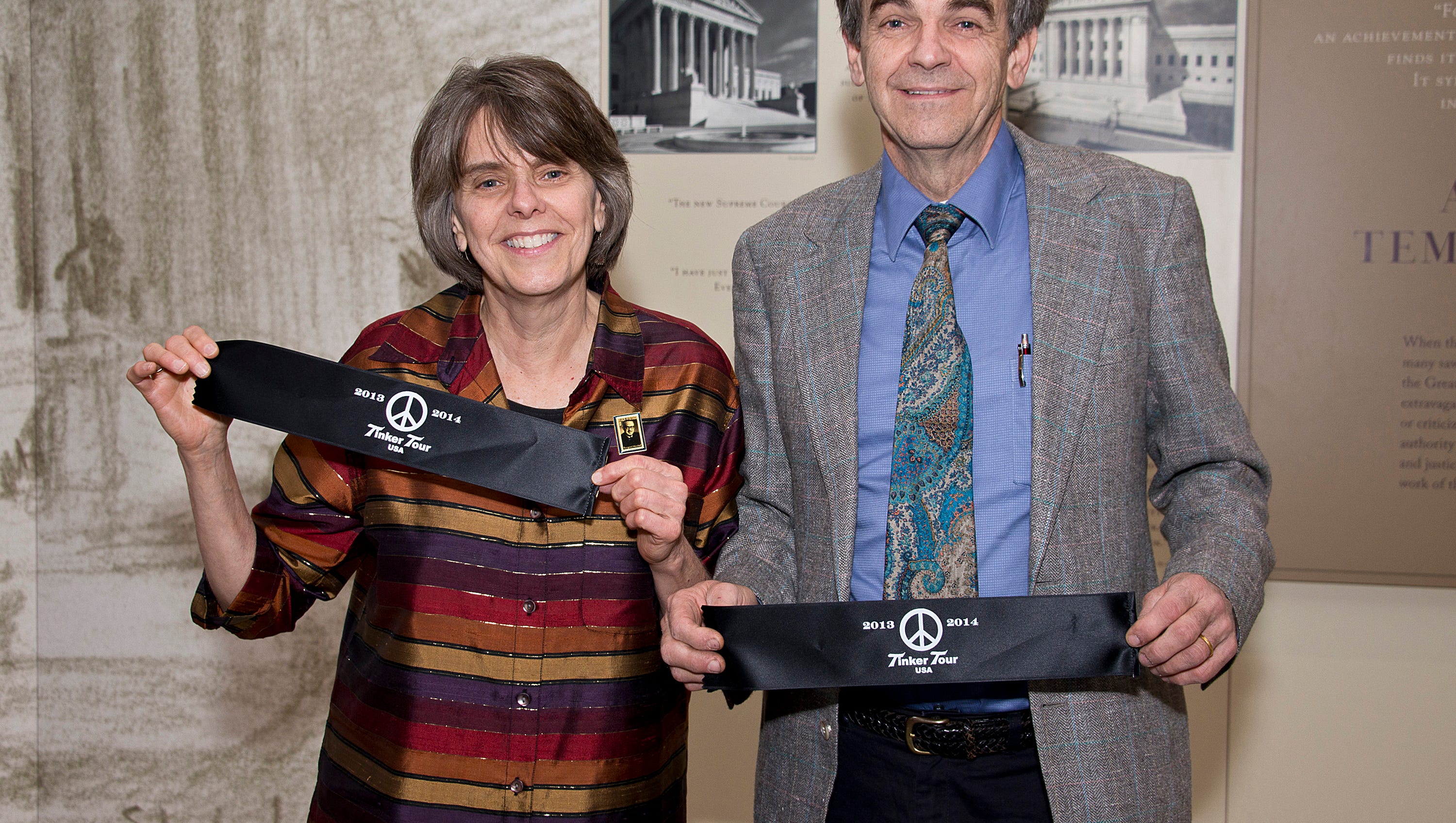

Holding: By a 3-0 vote, a Fifth Circuit panel held that school officials could not prohibit the wearing of the “freedom buttons” because there was no evidence that the buttons would have caused a substantial disruption. Issue: Whether school officials could suspend students for wearing “freedom buttons.” The principal believed that the buttons would “cause commotion” and “disturb the school program.” When several students continued to wear the buttons, the principal suspended them for a week. The school principal ordered the students to remove the buttons. 1966)įacts: A group of public school students at an all-black school in Philadelphia, Mississippi wore “freedom buttons” to school to protest racial segregation in the state. Here is a description of the Burnside case from the First Amendment Center: Burnside v. Byars, that is not in the textbooks, even though the Mississippi case set the precedent. Less known is that it is based on a Mississippi court case Burnside v. Des Moines is famous and featured in most U.S.

Note from the Zinn Education Project : Tinker v. Because wearing a black armband was not disruptive, the Court held that the First Amendment protected the right of students to wear one. The Court ruled that the First Amendment applied to public schools, and school officials could not censor student speech unless it disrupted the educational process. On Februthe Court ruled 7-2 that students do not “shed their constitutional rights to freedom of speech or expression at the schoolhouse gate.” Represented by the ACLU, the students and their families embarked on a four-year court battle that culminated in the landmark Supreme Court decision: Tinker v. The students returned to school after the Christmas break without armbands, but in protest wore black clothing for the remainder of the school year. The students were told they could not return to school until they agreed to remove their armbands. Photo by Jack Gordon.įour other students were suspended, including her brother John Tinker and Chris Eckhardt. Mary Beth Tinker (with Kevin Zeese) reading at the dedication of the Zinn Room in Hyattsville, Maryland, September, 2011.


 0 kommentar(er)
0 kommentar(er)
